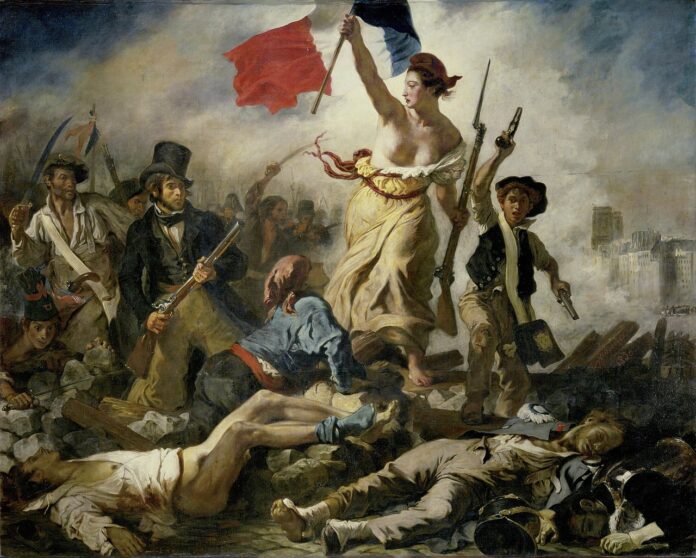The French Revolution, which began in 1789, is one of the most significant events in modern history. It marked a break from the historical regime that had existed in France for centuries, and set in motion many changes that have shaped the modern world. Here are three things to know about the French Revolution.
Causes
The French Revolution was ignited by a severe financial crisis that plagued France. Years of extravagant spending by the monarchy, combined with costly wars and a regressive tax system that burdened the lower classes, left the country in dire economic straits. The situation was made worse by crop failures and rising bread prices, leading to widespread discontent among the populace. Faced with mounting debt and resistance to reform, King Louis XVI convened the Estates-General in an attempt to address the crisis, but the meeting ultimately spiraled into revolution.
Reign of Terror
One of the darkest chapters of the French Revolution was the Reign of Terror, a period of extreme violence and political repression orchestrated by the radical Jacobin regime led by Maximilien Robespierre. From 1793 to 1794, thousands of perceived enemies of the revolution, including nobles, clergy, and political rivals, were executed by guillotine or other means. The Reign of Terror aimed to purge France of counter-revolutionary elements and consolidate power in the hands of the revolutionary government, but it ultimately led to widespread fear, paranoia, and loss of life.
Legacy of Enlightenment Ideals
Despite its tumultuous and often violent nature, the French Revolution had a profound and lasting impact on the course of modern history. It ushered in an era of political upheaval and social change, overthrowing the absolute monarchy and laying the groundwork for the rise of democracy and individual rights. The revolutionaries espoused Enlightenment ideals of liberty, equality, and fraternity, inspiring future generations to challenge oppressive regimes and fight for justice and democracy.

